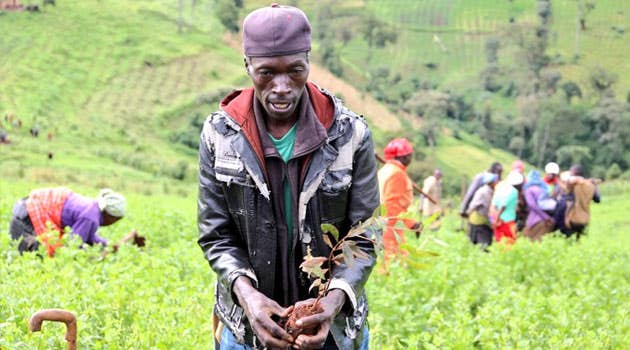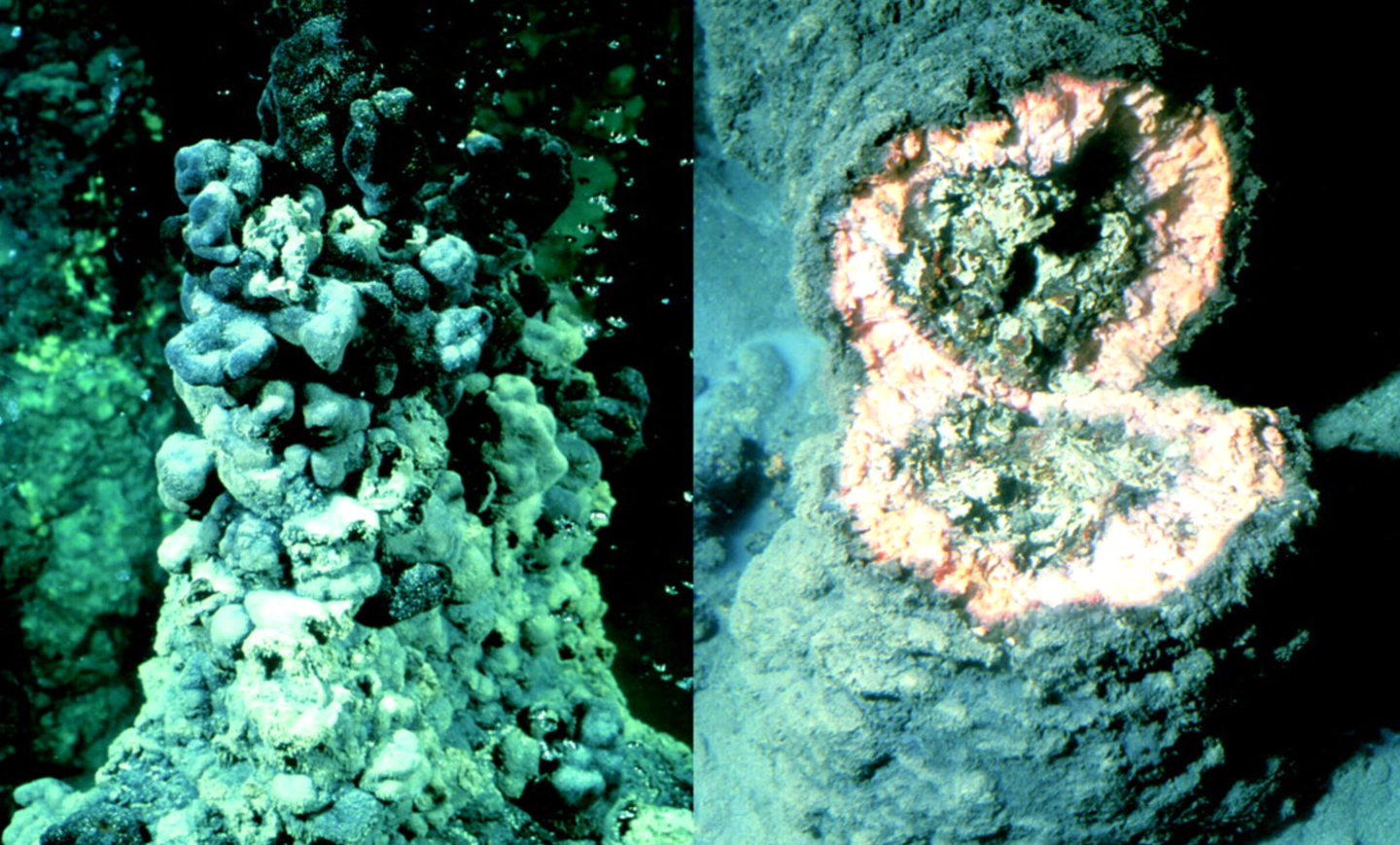Kenya Says Plan To Plant 2 Billion Trees On Course
The government says plans to plant 2 billion trees by 2022 are still on course.

[Aug. 5, 2020: Capital News]
The government says plans to plant 2 billion trees by 2022 are still on course.
Principal Secretary in the Ministry of Environment and Forestry, Dr. Chris Kiptoo said the move is aimed at enhancing the country’s forest cover and reclaim 5.1 million Ha of degraded landscape.
While giving a Keynote address during a Webinar hosted by the Konza Technopolis
Development Authority (KoTDA) dubbed urban environmental planning post-COVID-19: the future of smart cities, the PS said the Government had hoped to plant 500 million trees this year, 700million trees in 2021 and 800 million trees in 2022, but the challenge has been the availability of seedlings.
Dr. Kiptoo said the Government is going to map, register and certify tree nurseries as part of Post COVID-19 plans. This includes a tree nursery in Konza Technopolis.
This, the PS added, was in line with the country’s tree planting strategy and efforts to achieve our global commitment with respect to climate change, biodiversity conservation, and land degradation.
“We are keen to rally 35 million Kenyans to plant trees. If we say we plant 60 seedlings in one day, that is actually 2 billion trees,” he added. The Kenya Forestry Research Institute (KEFRI), he further said, has indicated that the country needs 100 tonnes of seeds for the 2 billion trees.
Like these kind of stories? Get The Brighter Side of News' newsletter.
“We want to support nurseries through private sector engagement. We want to have a donor and private sector conference where we will get pledges and commitment to buy the seeds. We want to also create Post COVID jobs,” Dr. Kiptoo said, adding that this will also support enterprises.
On his part, Information Communication and Technology (ICT), Innovation and Youth Affairs Principal Secretary, Jerome Ochieng noted that the novel coronavirus has affected almost every aspect of life and has long-term effectS on how humans interact and relate to the environment.
Konza Technopolis, he said, targets to plant at least 10,000 tree seedlings every year for both the Technopolis and the community.
In his address, Ochieng said that Konza’s development meets the needs of present
generations without compromising the needs of future generations.
As a smart Technopolis, its planning ensures rational allocation of land for various uses such as commercial, technology, residential, education, industrial, wildlife conservation and green areas while leveraging on digital technology to streamline and automate all the processes resulting from urbanization including collecting data through Internet of Things (IoT) enabled devices in order to make real-time decisions.
He also gave an update on the progress at the Konza Technopolis saying currently under
implementation is phase one under Engineering, Procurement, Construction, and Financing that will see a total built-up area of 1.5 million m2 and 30,000 residents of which 17,000 will be the total number of workers anticipated.
“This will ensure that the smart Technopolis does not grapple with the common problems witnessed in our cities and urban areas,” he added.
The webinar hosted over 300 participants drawn from across the urban planning and
environmental sectors, including Deputy Director-General Nairobi Metropolitan Services (NMS), Enosh Onyango, Amb. Ms. Njambi Kinyungu, UN-Habitat Permanent Representative, Dr. Ademola Olajide, Representative of the United Nations Population Fund to Kenya and Karen Basiye, Safaricom Head of Sustainable Business and Social Impact, Dr. Shipra Narang Suri, Chief Urban Practices Branch at UN-Habitat, Juliet Rita, Chairperson Architectural Association of Kenya (AAK) Town planners chapter.
During his address, Onyango highlighted the measures that NMS has taken in ensuring that the environment around Nairobi city is preserved.“We have recently started the reclamation of Michuki park, as well rehabilitating other public spaces, including Uhuru Park. We have also started blocking illegal drainages into our rivers and closing dumpsites around the city, as part of our efforts in reclaiming the environment,” he said.
Basiye noted that Konza Technopolis is a model sustainable city with an opportunity to
leapfrog existing sustainable cities in the world.
Rita said she was optimistic of the country cities becoming Smart cities as Kenya has good ICT infrastructure and plans prepared for most of the country’s urban areas.... Read More



